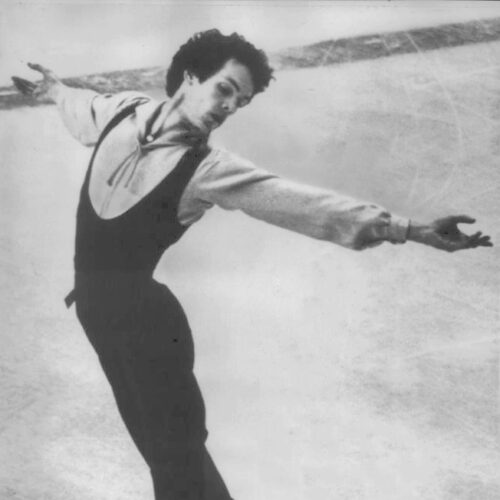

John Curry was an English figure skater celebrated for revolutionising the sport by combining athleticism with balletic artistry. Openly gay during a period of significant prejudice – not least within sport – Curry’s courage helped pave the way for those who came after him. Following his premature death of an AIDS related illness in 1994, his humanist funeral generated a flurry of interest in non-religious ceremonies – an often forgotten element of his already rich legacy.
Born in Birmingham, as a child Curry aspired to be a dancer, but was discouraged by his parents – who thought dance was an unsuitable activity for a boy. When he became interested in ice skating, however, they obliged, and he showed immediate aptitude. Curry won his first ice skating competition aged just eight. The need to justify his pursuit of skating as a career path continued as he grew up, particularly following the death of his father when Curry was 16. But his commitment to the sport won out, and he supported his tutelage through jobs in a supermarket and as a receptionist.
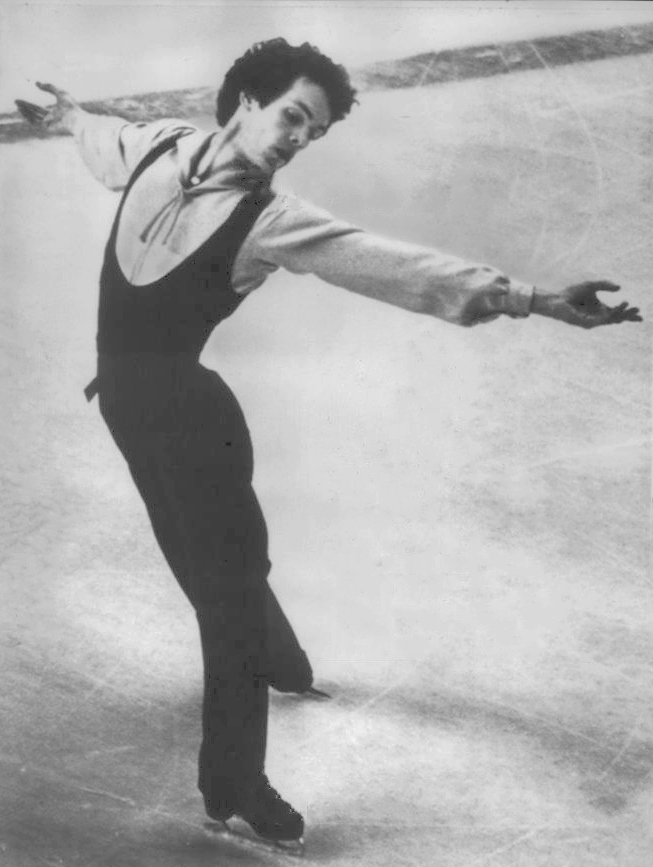
Despite a series of painful losses and the discouragement of some experts in the field, Curry’s fierce determination heralded a number of notable wins from the late 1960s onwards. His defining moment came at the 1976 Winter Olympics in Innsbruck, where he won the gold medal in men’s singles, becoming the first British man to do so and earning the highest score in the competition’s history. That year, having already won the European Championships, Curry went on to win the World Championships, cementing his status as a figure skating legend. He was appointed OBE, and voted BBC sports personality of the year.
Curry was instrumental in elevating figure skating to an art form, often choreographing his own programs and infusing them with ballet, modern dance, and classical influences. After retiring from competitive skating, he founded his own ice skating company, the John Curry Theatre of Skating, which performed in prestigious venues worldwide and continued to develop his vision. He also appeared as an actor and dancer, as well as offering masterclasses for young skaters.
Clearly freethinking and self-determined in matters of career, Curry’s hobbies also offer a glimpse into his character and beliefs. In his 2014 biography, Alone: the Triumph and Tragedy of John Curry, Bill Jones described Curry’s devotion to needlepoint in his later years. In one creation – an intricate depiction of Curry’s own garden made as a gift for a friend – Curry substituted the words ‘God’s heart’ for ‘to paradise’ in the stitched lines of verse: ‘The kiss of the sun for pardon; the song of the birds for mirth; one is nearer to paradise in a garden than anywhere else on earth’. For Jones, this sacrifice of the poetic metre was Curry showing ‘his agnostic hand’.
Curry was openly gay, coming out shortly before the 1976 Olympics. Diagnosed as HIV positive in 1987, he used his celebrity to champion AIDS research – including as part of the Skating for Life show in New York City, where he had settled. When his own illness progressed, Curry moved home to live with his mother. He died in Warwickshire on 15 April 1994, having expressed his wish for a humanist funeral. A further humanist memorial ceremony was held at Conway Hall in September of that year, during which many friends and colleagues of Curry paid tribute.
Curry’s graceful, expressive style transformed the perception of men’s figure skating, and influenced a generation of younger skaters. This was possible because of the determination and self-assurance with which he pursued success, something he later redirected towards the support of aspiring young skaters. Curry’s bravery in publicly acknowledging his sexuality helped to blaze a trail for LGBT sportspeople who came after him, while his decision to have a humanist funeral brought wider recognition to humanist ceremonies and the personalisation which defines them.
Alone: the Triumph and Tragedy of John Curry by Bill Jones (2014)
John Anthony Curry | Oxford Dictionary of National Biography
‘Obituary: John Curry’ by Dennis L. Bird | The Independent
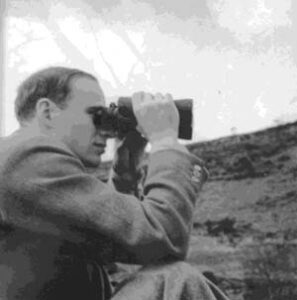
Conservation… draws us towards not only a scientific but a philosophical and historical approach to the problems of the earth […]
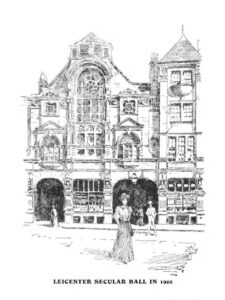
I might fill columns with tales of the debaters, co-operators, socialists, individualists, critics, artists, scientists, clergy and cranks, who, as […]
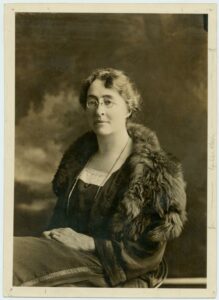
Mary Sheepshanks was a humanist who saw her feminist, pacifist, and cosmopolitan beliefs as being natural expressions of her humanist […]
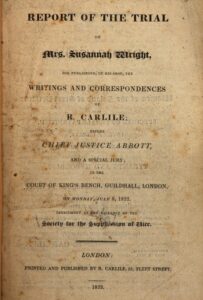
I have no desire… to bring the religion or the laws of this country into contempt, although I am a […]